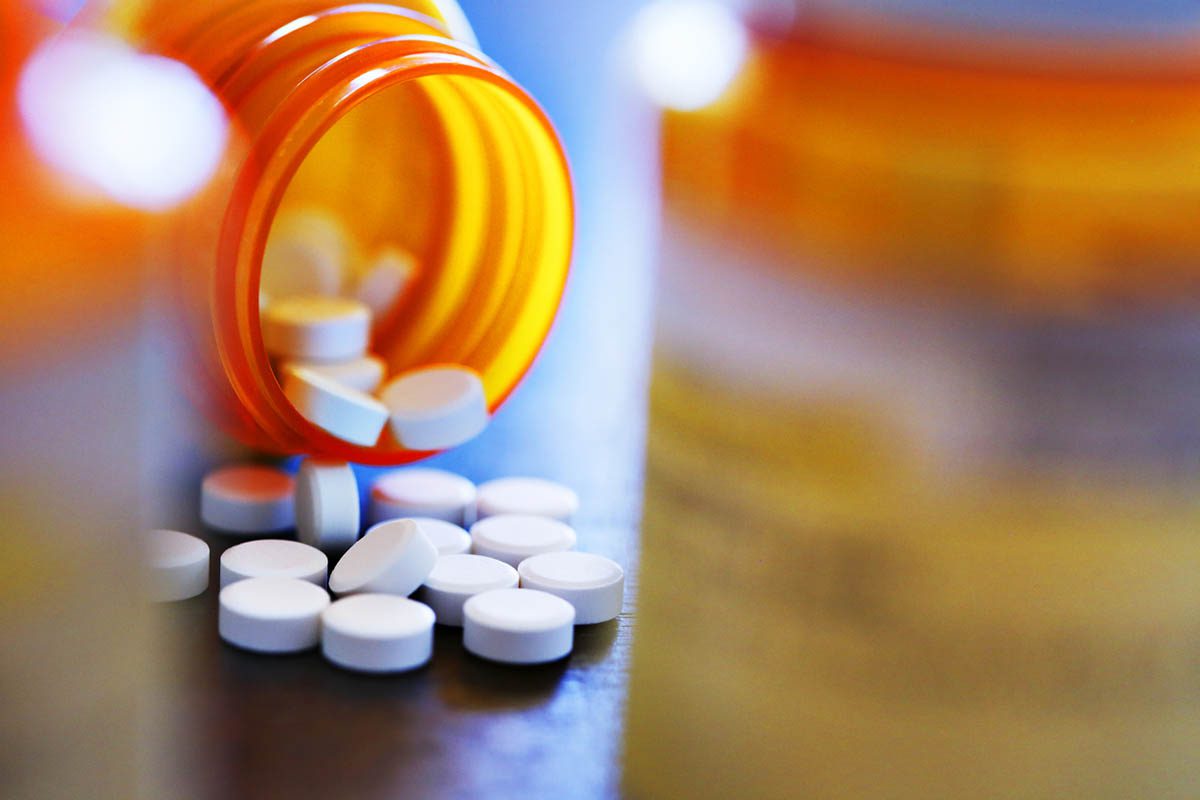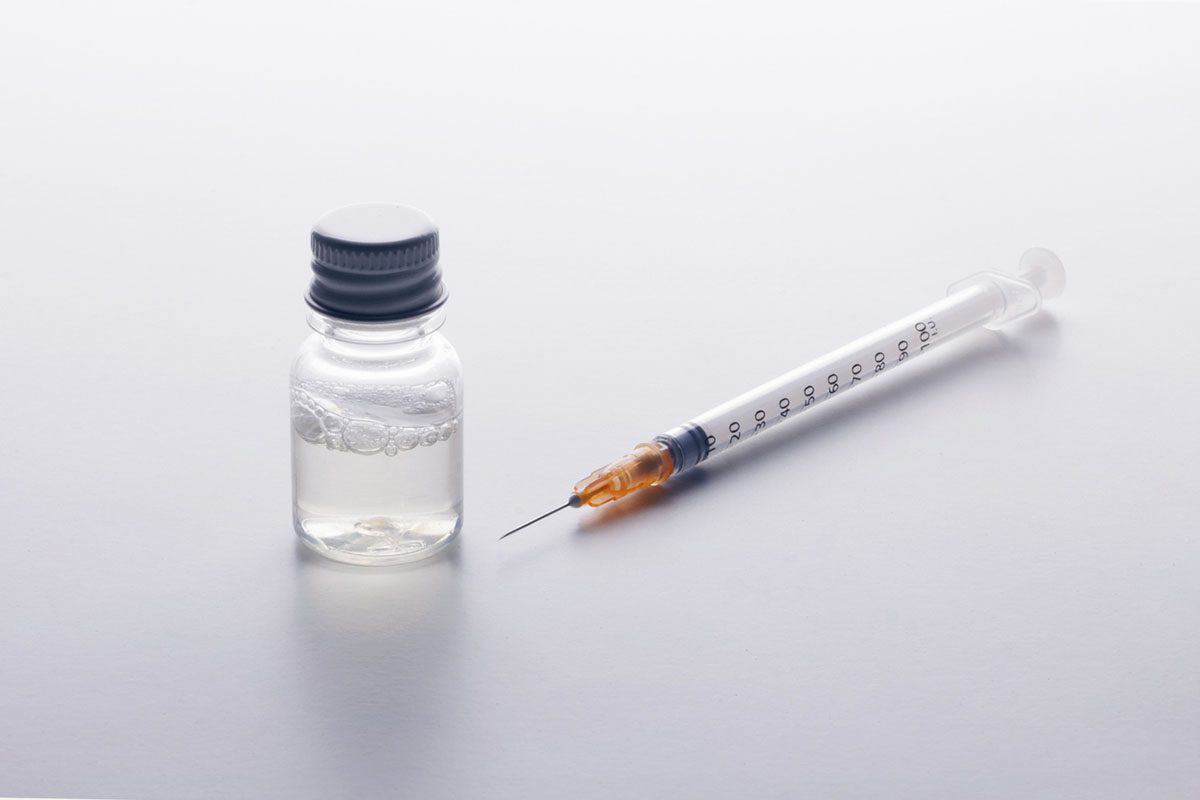Because this piece does not have an abstract, we have provided for your benefit the first 3 sentences of the full text.
To the Editor: Patients with alcohol use disorders have a higher rate of gambling disorder than patients without alcohol use disorders. The prevalence of concurrent alcohol use disorders in treatment-seeking problem gamblers has been estimated to be between 21% and 33%. There is also an increased risk of suicidality in problem gamblers who frequently drink alcohol.
Gambling Disorder and Concurrent Alcohol Use Disorder Treated With Naltrexone
To the Editor: Patients with alcohol use disorders have a higher rate of gambling disorder than patients without alcohol use disorders. The prevalence of concurrent alcohol use disorders in treatment-seeking problem gamblers has been estimated to be between 21% and 33%.1 There is also an increased risk of suicidality in problem gamblers who frequently drink alcohol.2 While naltrexone is one of the few US Food and Drug Administration (FDA)-approved treatments available for alcohol use disorders, there are no FDA-approved medications for gambling disorder. Naltrexone is an opioid antagonist that has been shown to decrease cravings and heavy drinking of alcohol through the blocking of the dopaminergic reward system.3 Previous studies3,4 have shown that naltrexone may decrease gambling, though the evidence is limited and inconsistent.
Case report. A 41-year-old man with DSM-5 diagnoses of severe alcohol use disorder with alcohol-induced depressive disorder and moderate gambling use disorder presented to the emergency department for suicidal ideation in the context of alcohol intoxication. The patient was admitted to the medical ward for alcohol withdrawal and seen by the psychiatry consultation-liaison service. The patient reported gambling on online sporting events daily for the last 5 years, and he incurred thousands of dollars in debt that led to financial and relationship difficulties. He also endorsed daily alcohol use (8 to 9 alcoholic drinks daily) for the last 3 years. He became suicidal on the day of presentation due to feeling overwhelmed by his financial debt.
The patient was admitted to the hospital for alcohol withdrawal and started on a Clinical Institute Withdrawal Assessment protocol.5 His suicidality resolved after 1 day as his alcohol withdrawal symptoms improved. He expressed little interest in attending Alcoholics Anonymous, Gamblers Anonymous, or other substance use treatment programs. He was interested in starting a medication to reduce alcohol use. On day 3 of hospitalization, the patient was started on naltrexone 50 mg by mouth daily for alcohol use disorder and discharged the same day. He was seen in the outpatient psychiatric clinic the following week, and he reported continued abstinence from both alcohol and gambling. At his 2-month outpatient follow-up visit, he remained adherent to naltrexone and had maintained abstinence.
Previous literature4,6,7 shows that naltrexone is a safe and effective treatment for alcohol use disorders and has mixed results for gambling disorder. There was one randomized, placebo-controlled trial6 of naltrexone treatment in concurrent alcohol use disorder and pathological gambling that showed no significant differences between the control and treatment groups. However, this study6 found a strong time effect, suggesting that long-term treatment was effective. Furthermore, a case report7 described improvement in cravings and avoidance of relapse for up to 4 weeks with the use of naltrexone in a patient with alcohol dependence and pathological gambling. Meta-analyses4 suggest that pharmacologic therapy for gambling disorder with opioid antagonists, serotonin reuptake inhibitors, and mood stabilizers is associated with favorable outcomes.
In patients with concurrent alcohol use disorders and gambling use disorder, naltrexone may be considered a useful pharmacologic treatment option. Future research is needed to evaluate naltrexone’s long-term efficacy in the treatment of concurrent alcohol use disorders and gambling disorders.
References
1. Dowling NA, Cowlishaw S, Jackson AC, et al. Prevalence of psychiatric co-morbidity in treatment-seeking problem gamblers: a systematic review and meta-analysis. Aust N Z J Psychiatry. 2015;49(6):519-539. PubMed doi:10.1177/0004867415575774
2. Kim HS, Salmon M, Wohl MJ, et al. A dangerous cocktail: alcohol consumption increases suicidal ideations among problem gamblers in the general population. Addict Behav. 2016;55:50-55. PubMed doi:10.1016/j.addbeh.2015.12.017
3. Kim SW, Grant JE, Adson DE, et al. Double-blind naltrexone and placebo comparison study in the treatment of pathological gambling. Biol Psychiatry. 2001;49(11):914-921. PubMed doi:10.1016/S0006-3223(01)01079-4
4. Pallesen S, Molde H, Arnestad HM, et al. Outcome of pharmacological treatments of pathological gambling: a review and meta-analysis. J Clin Psychopharmacol. 2007;27(4):357-364. PubMed doi:10.1097/jcp.013e3180dcc304d
5. Sullivan JT, Sykora K, Schneiderman J, et al. Assessment of alcohol withdrawal: the revised Clinical Institute Withdrawal Assessment for Alcohol scale (CIWA-Ar). Br J Addict. 1989;84:1353-1357. doi:10.1111/j.1360-0443.1989.tb00737.x
6. Toneatto T, Brands B, Selby P. A randomized, double-blind, placebo-controlled trial of naltrexone in the treatment of concurrent alcohol use disorder and pathological gambling. Am J Addict. 2009;18(3):219-225. PubMed doi:10.1080/10550490902787007
7. Crockford DN, el-Guebaly N. Naltrexone in the treatment of pathological gambling and alcohol dependence. Can J Psychiatry. 1998;43(1):86. PubMed
aDepartment of Psychiatry, John A. Burns School of Medicine, University of Hawaii, Honolulu
Potential conflicts of interest: None.
Funding/support: None.
Previous presentation: Poster presented at the American Psychiatric Association Annual Meeting; May 16, 2016; Atlanta, Georgia.
Published online: July 20, 2017.
Prim Care Companion CNS Disord 2017;19(4):16l02082
https://doi.org/10.4088/PCC.16l02082
© Copyright 2017 Physicians Postgraduate Press, Inc.
Enjoy this premium PDF as part of your membership benefits!





